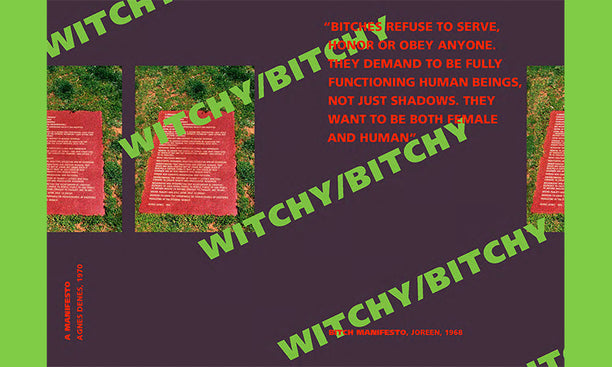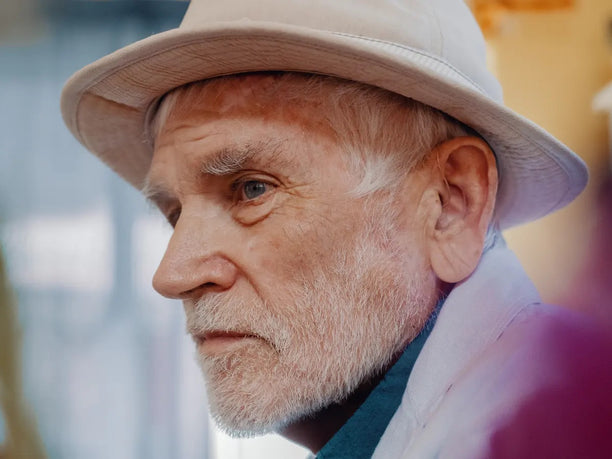
“I am not a good Communist” – Henri Lefebvre’s Autobiography from 1957
What did it mean to be a Marxist philosopher in the twentieth century? In this 1963 essay, Henri Lefebvre reflects on his life-long commitment to Marxist philosophy and all of the contradictions therein.








